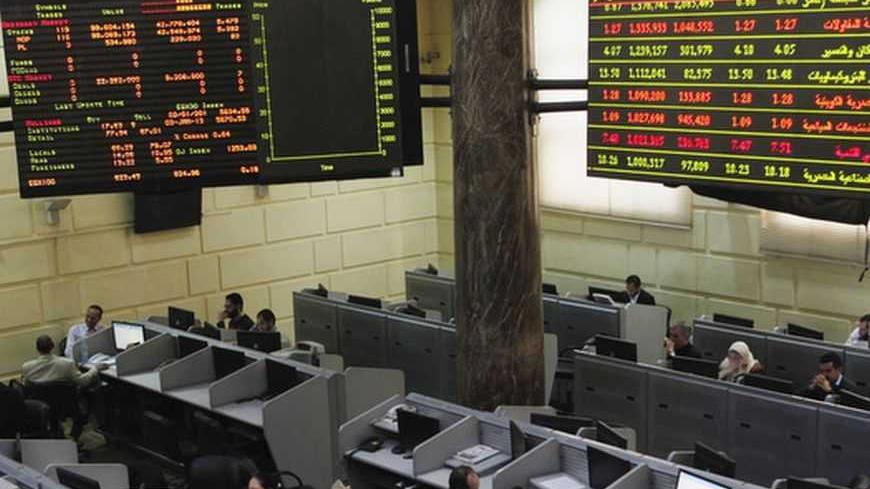In the midst of a regular monthly journey that I always dreaded, I stood in the long queue with my mother to collect our share of subsidized basic food items. All were of poor quality and badly packed, yet no complaints were accepted. Getting a pair of frozen chickens was more fortuitous; one needed to develop good contacts with workers in the government-owned, less-than-“super” market. If you were lucky, they would notify you once a new stock was available. Still, the queue was unavoidable, and the crowd was always tense, each person hoping to buy before everything was sold out. That was the reality for many Egyptians during the Sadat and early Mubarak eras.
As fear for the economy grows in Egypt, a comparison to the conditions faced in the ’70s and early ’80s becomes more plausible. How far will the economy deteriorate? Can Morsi’s team save it? Every household ponders these questions while watching a devalued Egyptian pound and witnessing the hike in food prices.



